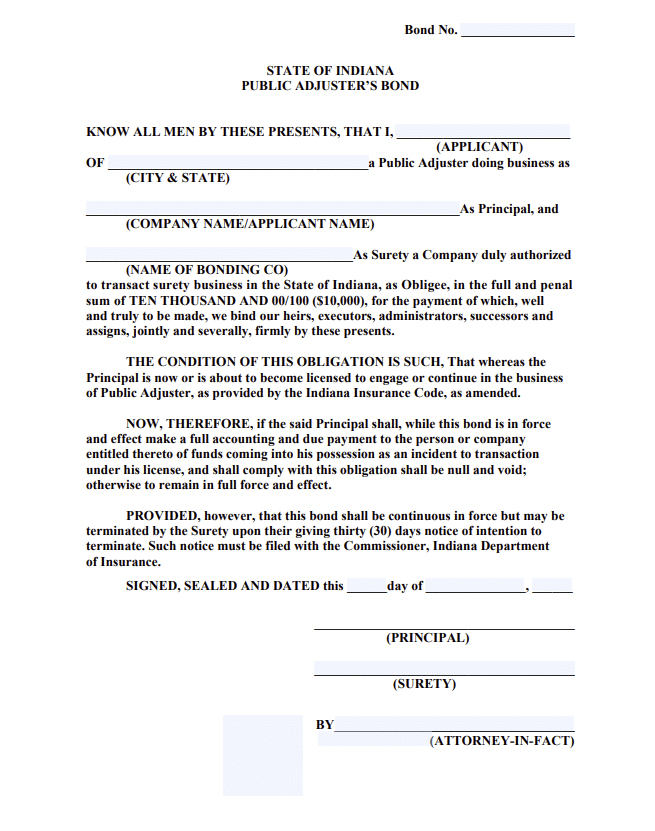FTC Appeals Activision Blizzard Acquisition Decision

Table of Contents
Understanding the FTC's Concerns
The FTC's opposition to the Microsoft-Activision Blizzard merger stems from deep-seated concerns about potential anti-competitive practices and market domination.
Market Domination Fears
The FTC argues that Microsoft's acquisition would create a monopoly, stifling competition and ultimately harming consumers. This fear isn't unfounded; the merger would grant Microsoft control over some of the most iconic and lucrative franchises in gaming.
- Control over key franchises: The acquisition grants Microsoft control over behemoths like Call of Duty, Warcraft, Candy Crush, and many more. This level of control over popular titles represents a significant portion of the gaming market.
- Unfair market power: The FTC alleges this consolidated power could lead to higher prices for gamers, reduced innovation due to less competition pushing for better games and technology, and less choice in available platforms and titles.
- Broad market impact: The FTC's concerns extend beyond console gaming, encompassing the mobile gaming market (through Candy Crush) and the PC gaming market (via Blizzard's PC titles). The FTC is worried about Microsoft using its influence to stifle competition across these sectors.
Anti-Competitive Practices Allegations
Beyond market dominance, the FTC claims the acquisition could enable Microsoft to engage in anti-competitive practices, leveraging its ownership of Activision Blizzard to strategically disadvantage its competitors.
- Exclusive game releases: The FTC worries that Microsoft might make Activision Blizzard games exclusive to the Xbox ecosystem, limiting availability on PlayStation, PC, and other platforms. This would give Xbox a significant competitive edge.
- Data and technology leverage: The FTC expresses concerns about Microsoft utilizing data and technological advancements from Activision Blizzard to further hinder rivals, creating an uneven playing field in game development and market reach.
- History of acquisitions: The FTC points to Microsoft's past acquisitions of gaming studios as evidence of a pattern of consolidating power within the industry. The FTC is arguing this is another step in a broader strategy to dominate the market.
The Judge's Initial Ruling and the FTC's Response
The initial legal battle saw a US District Judge rule in favor of the acquisition, dismissing the FTC's lawsuit. However, this didn't end the fight, as the FTC launched an appeal.
The District Court Decision
The District Court's decision to allow the merger was a significant blow to the FTC. The judge's reasoning centered on the argument that the FTC failed to convincingly demonstrate the acquisition would substantially lessen competition.
- Insufficient proof of lessened competition: The judge found that the FTC's evidence didn't sufficiently prove that the merger would significantly harm competition in the gaming market.
- Setback for FTC efforts: This ruling was a major setback for the FTC's attempts to prevent the merger, highlighting the challenges of proving anti-competitive behavior in such complex cases.
The FTC's Appeal Strategy
The FTC's appeal directly challenges the District Court's decision, arguing that the judge misinterpreted antitrust laws and disregarded crucial evidence.
- Challenging the court's interpretation: The appeal focuses on challenging the judge's interpretation of market definition and the potential competitive effects of the merger. The FTC is clearly arguing the judge didn’t fully grasp the ramifications.
- Presenting additional evidence: The FTC is expected to present further evidence to strengthen its claims of anti-competitive practices and market dominance.
- Delaying or preventing the acquisition: The appeals process could significantly delay or even ultimately prevent the completion of the Microsoft-Activision Blizzard acquisition.
Implications for the Gaming Industry and Beyond
The FTC Appeals Activision Blizzard Acquisition case has significant implications, not only for the gaming industry but also for the broader landscape of mergers and acquisitions in the tech sector.
Future of Gaming Mergers and Acquisitions
This case sets a critical precedent for future mergers and acquisitions within the gaming industry.
- Increased regulatory scrutiny: The case raises important questions about the level of regulatory scrutiny applied to large tech acquisitions, particularly in the gaming sector.
- Influencing future deals: The outcome will undoubtedly influence how regulators approach similar deals in the future, potentially leading to stricter guidelines and more rigorous reviews.
Consumer Impact
The long-term impact on consumers remains uncertain and heavily dependent on the outcome of the FTC's appeal.
- Potential negative consequences: If the FTC's concerns are valid, consumers could face higher game prices, reduced innovation, and less choice in available games and platforms.
- Determining the future competitive landscape: The appeal's outcome will play a decisive role in shaping the future competitive landscape of the gaming industry.
Conclusion
The FTC's appeal against the Activision Blizzard acquisition is a pivotal moment for the gaming industry and antitrust law. The outcome will significantly impact the future of gaming mergers, setting a precedent for regulators worldwide. The implications are far-reaching, potentially affecting game pricing, innovation, and consumer choice. Stay informed about further developments in this crucial FTC Appeals Activision Blizzard Acquisition case. Understanding the complexities of this legal battle is crucial for anyone interested in the future of the gaming industry. Keep an eye on updates regarding the FTC Appeals Activision Blizzard Acquisition to stay informed on this landmark case.

Featured Posts
-
 Yankees Smash Record With 9 Home Runs Judges Triple Crown Performance Fuels Victory
Apr 23, 2025
Yankees Smash Record With 9 Home Runs Judges Triple Crown Performance Fuels Victory
Apr 23, 2025 -
 Athletics Suffer Historic Defeat At The Hands Of The Brewers
Apr 23, 2025
Athletics Suffer Historic Defeat At The Hands Of The Brewers
Apr 23, 2025 -
 Pazartesi Okul Tatil Mi Istanbul Resmi Aciklama
Apr 23, 2025
Pazartesi Okul Tatil Mi Istanbul Resmi Aciklama
Apr 23, 2025 -
 Reds Score After Shutout Streak But Brewers Claim Victory
Apr 23, 2025
Reds Score After Shutout Streak But Brewers Claim Victory
Apr 23, 2025 -
 Caat Pension Plan A Focus On Canadian Private Market Investments
Apr 23, 2025
Caat Pension Plan A Focus On Canadian Private Market Investments
Apr 23, 2025
Latest Posts
-
 Credit Suisse Whistleblower Reward Up To 150 Million To Be Shared
May 10, 2025
Credit Suisse Whistleblower Reward Up To 150 Million To Be Shared
May 10, 2025 -
 Regulatory Scrutiny Of Bond Forwards Impact On Indian Insurers
May 10, 2025
Regulatory Scrutiny Of Bond Forwards Impact On Indian Insurers
May 10, 2025 -
 Indian Insurers Plea For Streamlined Bond Forward Market Access
May 10, 2025
Indian Insurers Plea For Streamlined Bond Forward Market Access
May 10, 2025 -
 Debate On Bond Forward Rules Intensifies Indian Insurers Perspective
May 10, 2025
Debate On Bond Forward Rules Intensifies Indian Insurers Perspective
May 10, 2025 -
 Indian Insurers Advocate For Simplified Bond Forward Regulations
May 10, 2025
Indian Insurers Advocate For Simplified Bond Forward Regulations
May 10, 2025
